You will be equipped with the following tools:
-
Practicing Empathic Listening
Help your clients to practice three core components of empathic listening: pausing/wait time, paraphrasing, and reflecting feelings.
-
Strengths- and Values-Based Introductions
Help your clients introduce themselves to others in a meaningful way by sharing information about their strengths and values.
-
Apologizing Effectively
Help your clients formulate an effective apology by satisfying the needs of the offended person.
-
Mindless versus Mindful Listening
Help your clients practice and experience mindful and unmindful communication through listening and talking exercises.
-
Basic Need Satisfaction through Communication
Help train your clients in using communication styles that promote basic needs satisfaction and facilitate behavioral change.
-
Brief Non-Violent Communication Exercises
Help your clients familiarize themselves with non-violent communication and allow them to practice this.
-
The Four-Step Non-Violent Communication Process
This tool provides an overview of the four-step non-violent communication process, which can help your clients increase empathy and compassion in communication.
-
Making an Effective Request for Action
Help your clients formulate effective action requests with the use of this tool.
-
Universal Needs Inventory
Help your clients identify and communicate their personal needs.
-
Active-Constructive Responding
Help your clients increase awareness of how one’s reactions to the good news of others can affect their wellbeing.
-
Three Loving Connections
Increase the experience of love within your clients by seeking out three meaningful interactions and reflecting on them.
-
Giving Negative Feedback Positively
Teach your clients to deliver negative feedback in a way that is constructive and conducive to well-being, rather than harsh and judgmental
-
Small Talk to Build Connection
The goal of this tool is to help clients feel socially connected by making small talk with a stranger.
-
Setting Boundaries in Difficult Conversations
Help your clients feel more capable and less fearful when they need to verbally set personal boundaries.
-
My Boundary Response Plan
Help your clients create a habit of regulating their emotions during stressful communication situations to stay calm and verbally set personal boundaries
-
Listening Without Trying to Solve
Help your clients understand the difference between listening to a personal problem with and without trying to solve it, in order to learn which is the more beneficial approach.
-
Fast Friends
Help your clients to facilitate the formation of connection and closeness between people.

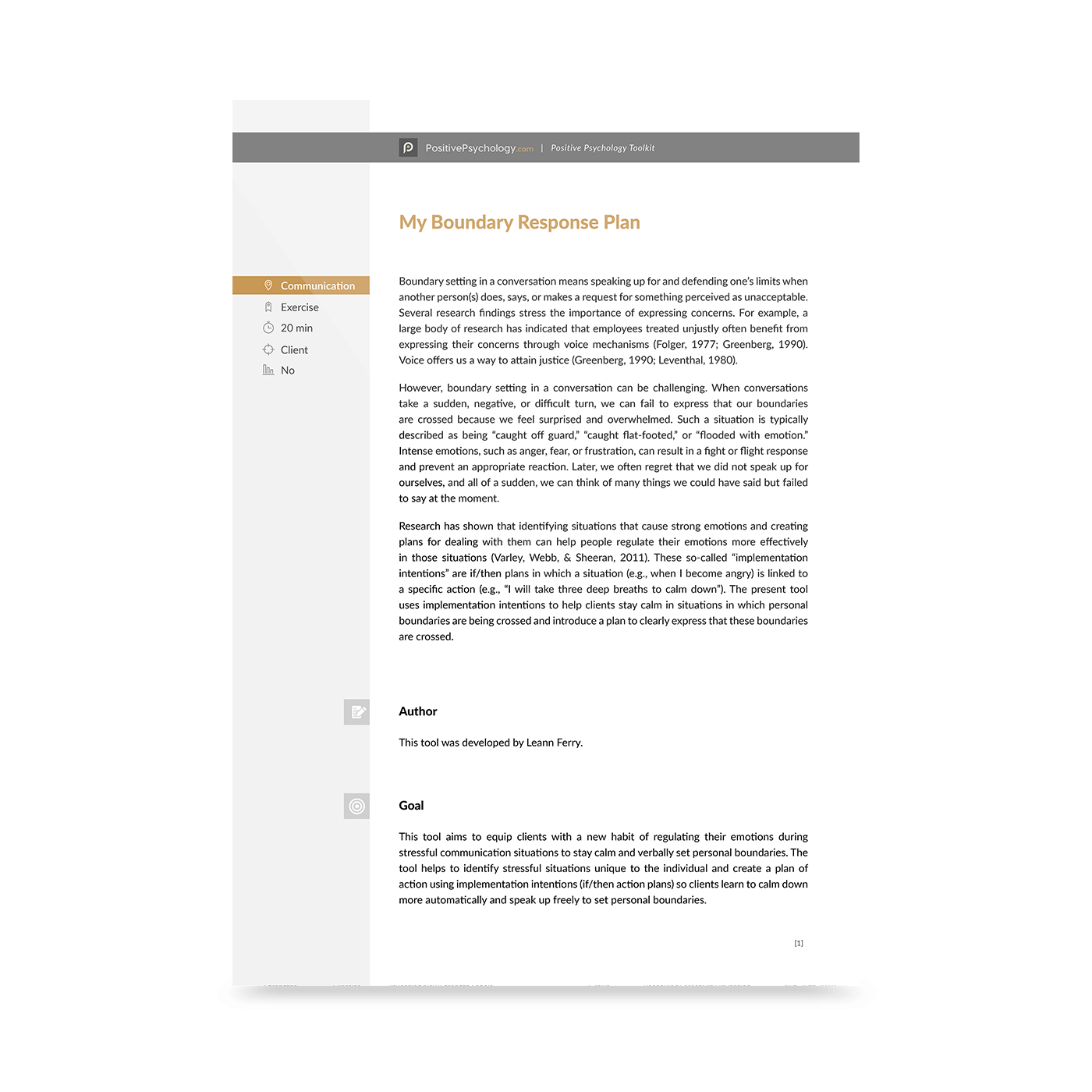
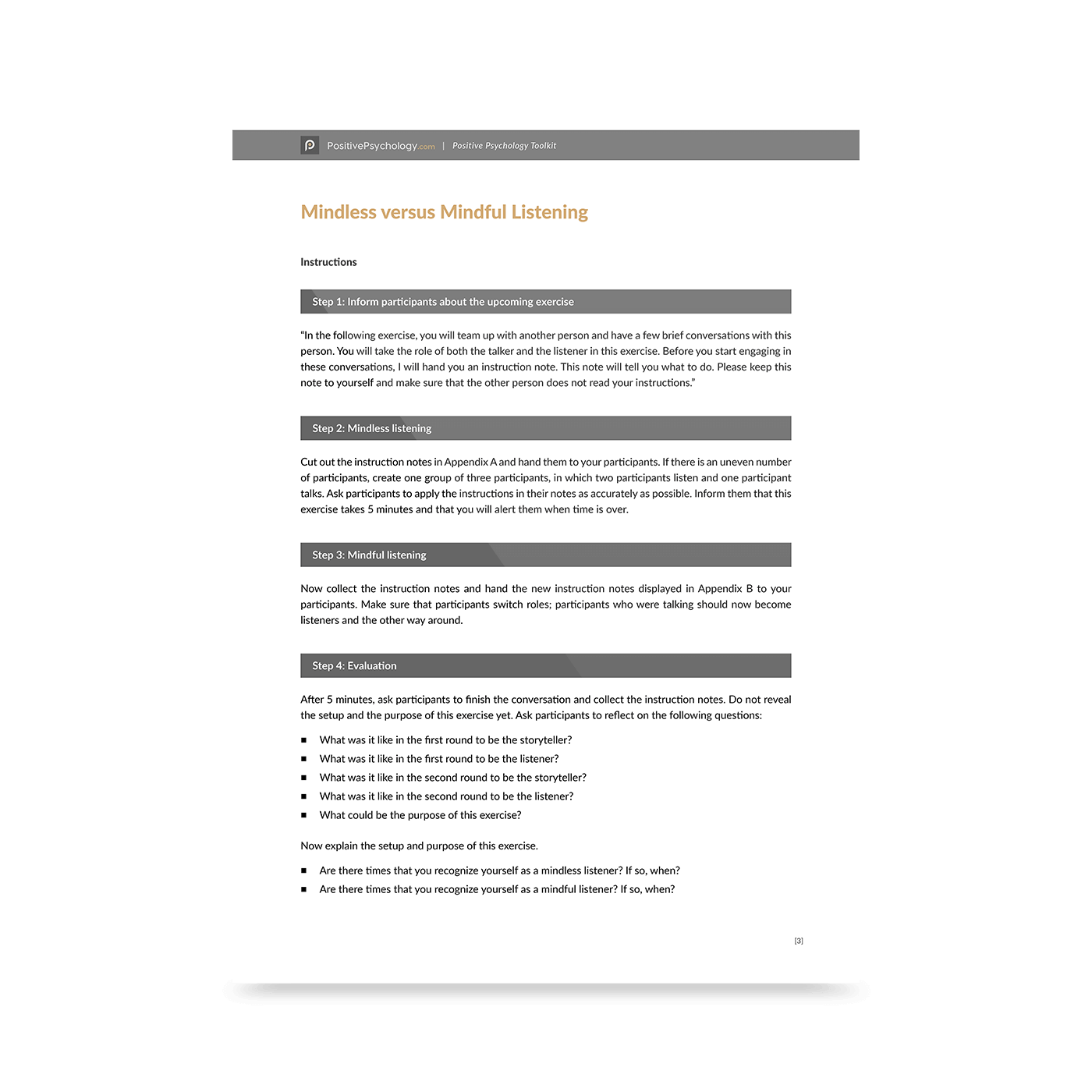
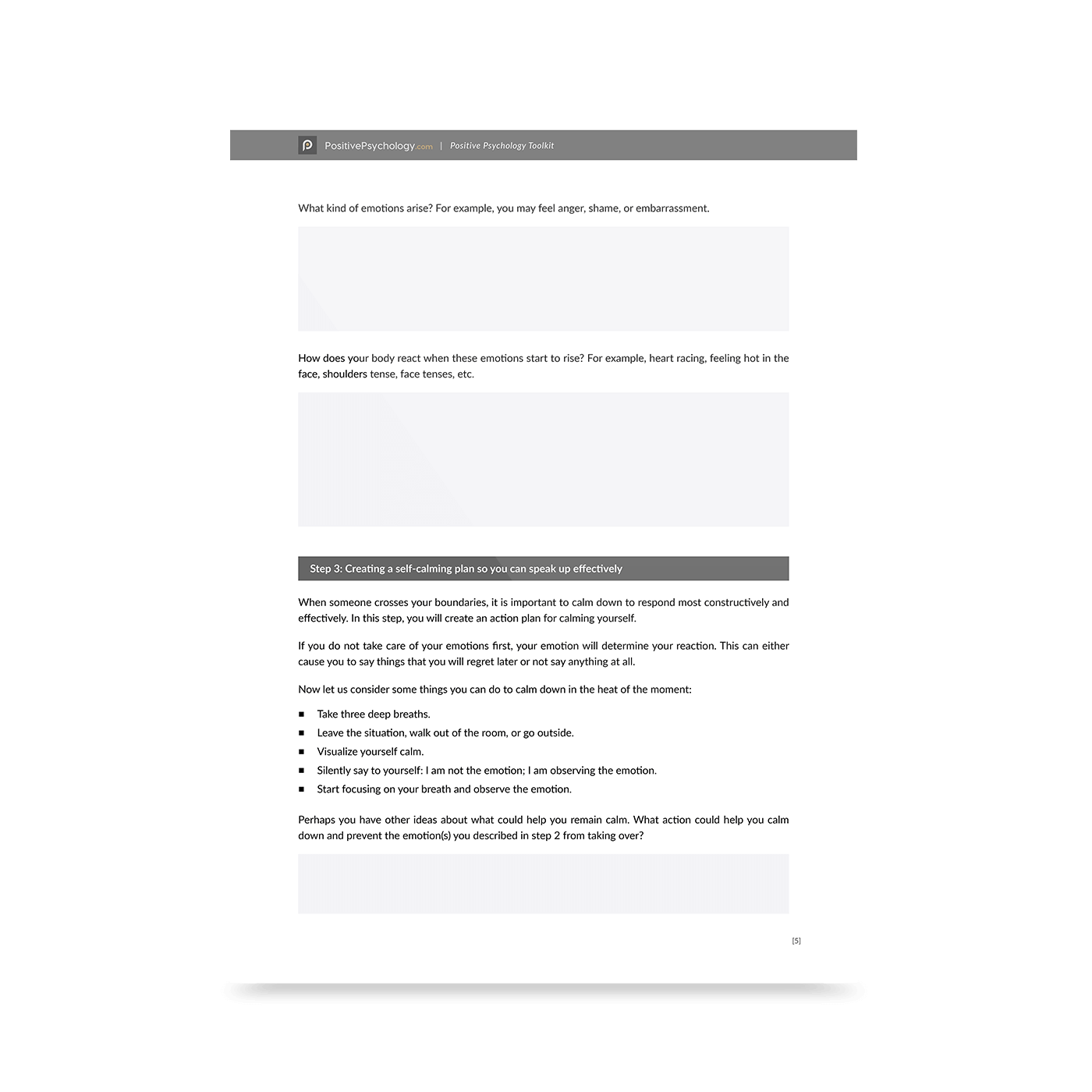


















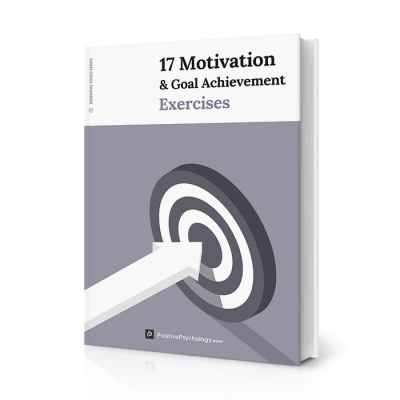
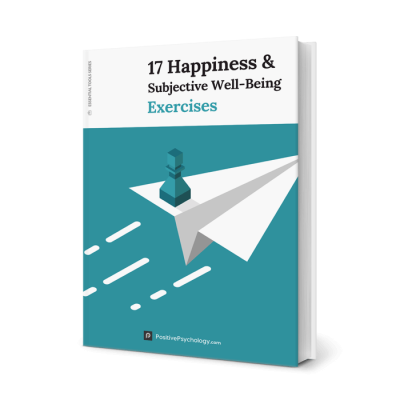
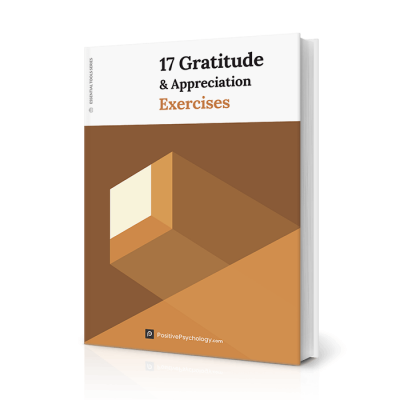
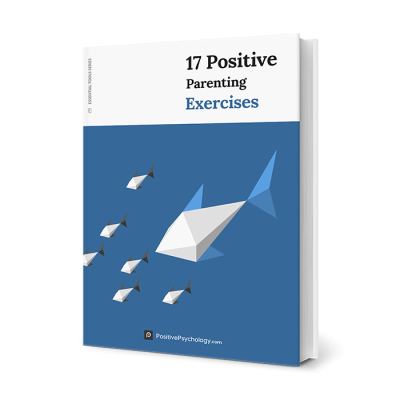
Llanah Cherkis –
Very detailed and informative. The information was very easy to understand. The content is wonderful.
Timofey Tselykh –
Very high quality and superbly structured tools! They can be used when working with a variety of client inquiries. A perfect set for daily work in psychological counseling.